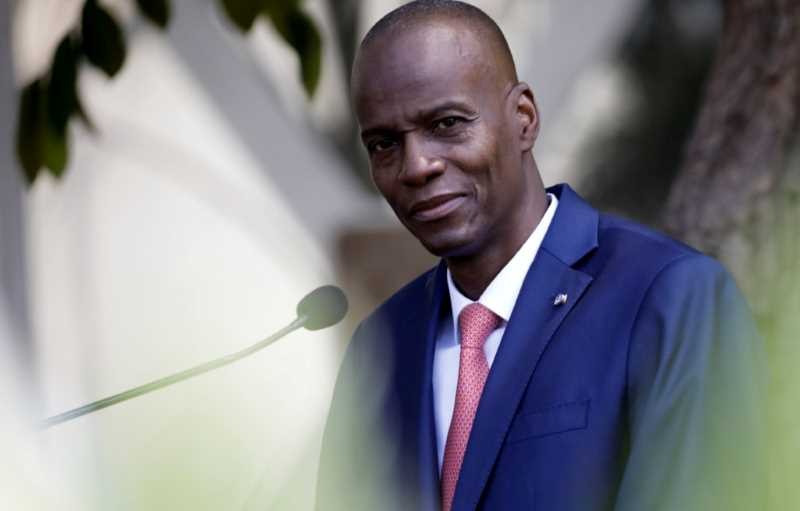
Haiti prepares to bury Slain President
Published on July 23, 2021 at 12:23 PM by Chisomo Kambale
Haiti on Thursday prepared to bury its slain president under tight security, just over two weeks after his assassination further rattled a country mired in poverty, corruption, and political instability.
Jovenel Moise, who was 53 when he was shot dead in his home in the early hours of July 7, will be interred Friday in Cap-Haitien, the main city in his native northern region.
The city was calm Thursday but a day earlier, clashes broke out when police chief, Leon Charles, visited.
He was booed and heckled while inspecting security arrangements for the funeral.
Local residents blamed the police chief for not protecting Moise, whose wife Martine was seriously wounded in the gun attack, seemingly carried out by a group of mainly Colombian retired soldiers, with no injuries to the presidential guard.
So far, more than 20 people have been arrested, most of them Colombians, and police say the plot was organized by Haitians with links outside the country and political ambitions.
But the case remains murky, with many unanswered questions.
His death has rekindled long-standing tensions between the north of Haiti and the west, which in part stems from historic racial divisions between northern blacks who are descendants of slaves and lighter-skinned Haitians of mixed race living in the south and west.
Some residents have even set up barricades on roads leading to Cap-Haitien to keep people from the capital Port-au-Prince from attending the funeral.
“We are going to do everything we can to honor him the way he deserves, in line with his importance for our city,” said Cap-Haitien Mayor Yvrose Pierre.


